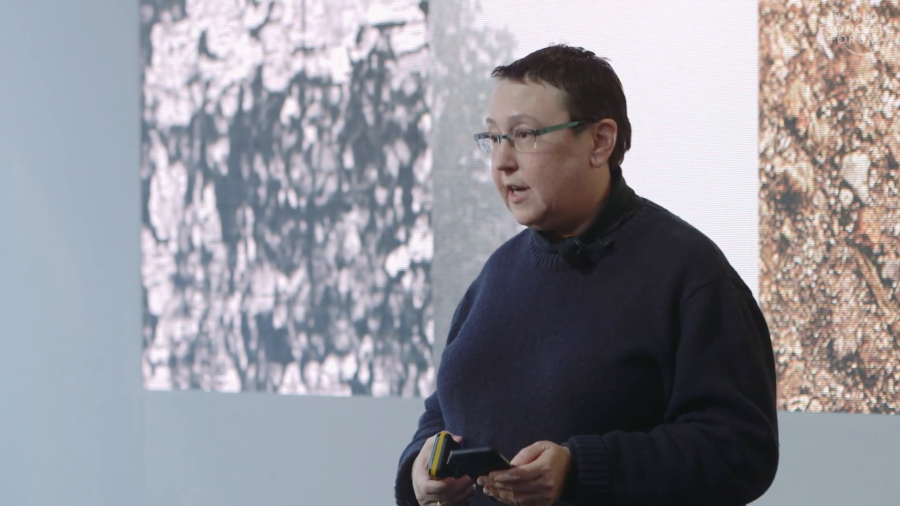The goal of MICrONS is threefold. One is they asked us to go and measure the activity in a living brain while an animal actually learns to do something, and watch how that activity changes. Two, to take that brain out and map exhaustively the “wiring diagram” of every neuron connecting to every other neuron in that animal’s brain in the particular region. And then third, to use those two pieces of information to build better machine learning. So let it never be said that IARPA is unambitious.
Archive

The unrelenting pace of technologies is deeply ironic, given the original intent of them to make our lives more efficient and give us more time. But we can all attest that the actual effect of this escalation of efficiency has been to increase the pace of work and play in our worlds.

With our team of policymakers, academics, former military, of playwrights, we explore why people refuse political compromise, go to war, attempt revolution, or resort to terrorism, focusing on what Darwin called “those virtues highly-esteemed and even sacred,” that give immense advantage to any group with devoted actors inspired to sacrifice for them.

In the course of Donald Trump’s rise to power, people have repeatedly been asking, “Why did he tweet that? What was he thinking about?” Our fascination with his mental states highlights a very important question for us: What happens in our minds and brains when we try to influence others?

Why do you spend precious moments every day sharing information? There’s probably many reasons, but it appears that the opportunity to impart your knowledge onto others is internally rewarding.

One of the things I really want out of art, what I see the job of the artist to be is to try to learn how to see the historical moment that you find yourself living in. I mean that very simply and I mean it very literally. How do you see the world around you?

During the war in Afghanistan, the military decided to air drop food packages as part of its winning hearts and minds campaign. Unfortunately, the food packages were very similar in appearance to the cluster bombs they were dropping at the same time. If military decision-makers had spoken to communities, aid workers, military personnel on the ground, they’d have figured out there were smarter ways to deliver food and win the trust of the Afghan people.

